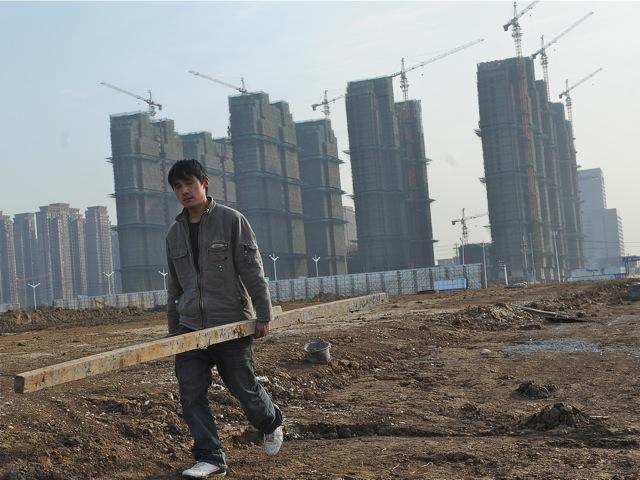There may be too many vacant homes in China for even a population of 1.4 billion people to fill, a former Chinese official admitted recently.
He Keng, the former deputy head of the communist regime’s statistics bureau, spoke of his concern for China’s real estate market, given what he sees as the obvious oversupply of residential properties. Mr. He was speaking at an open forum on Sept. 23 in Dongguan, an industrial city in the south of China.




